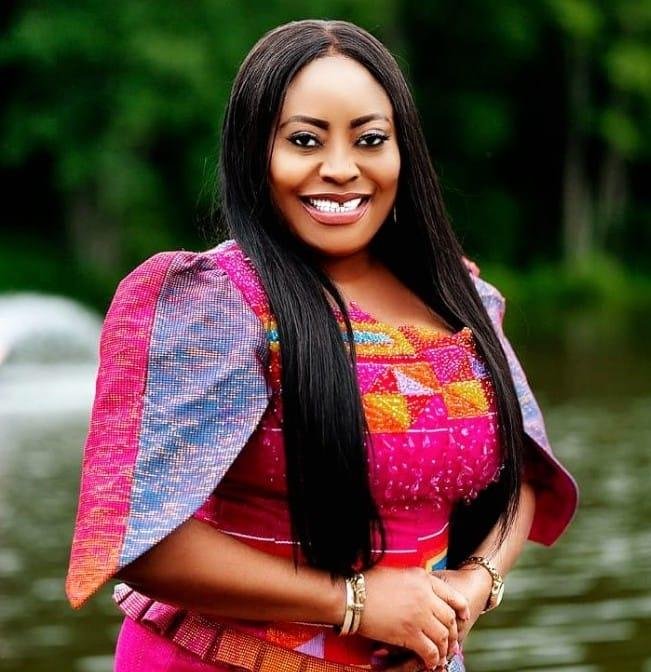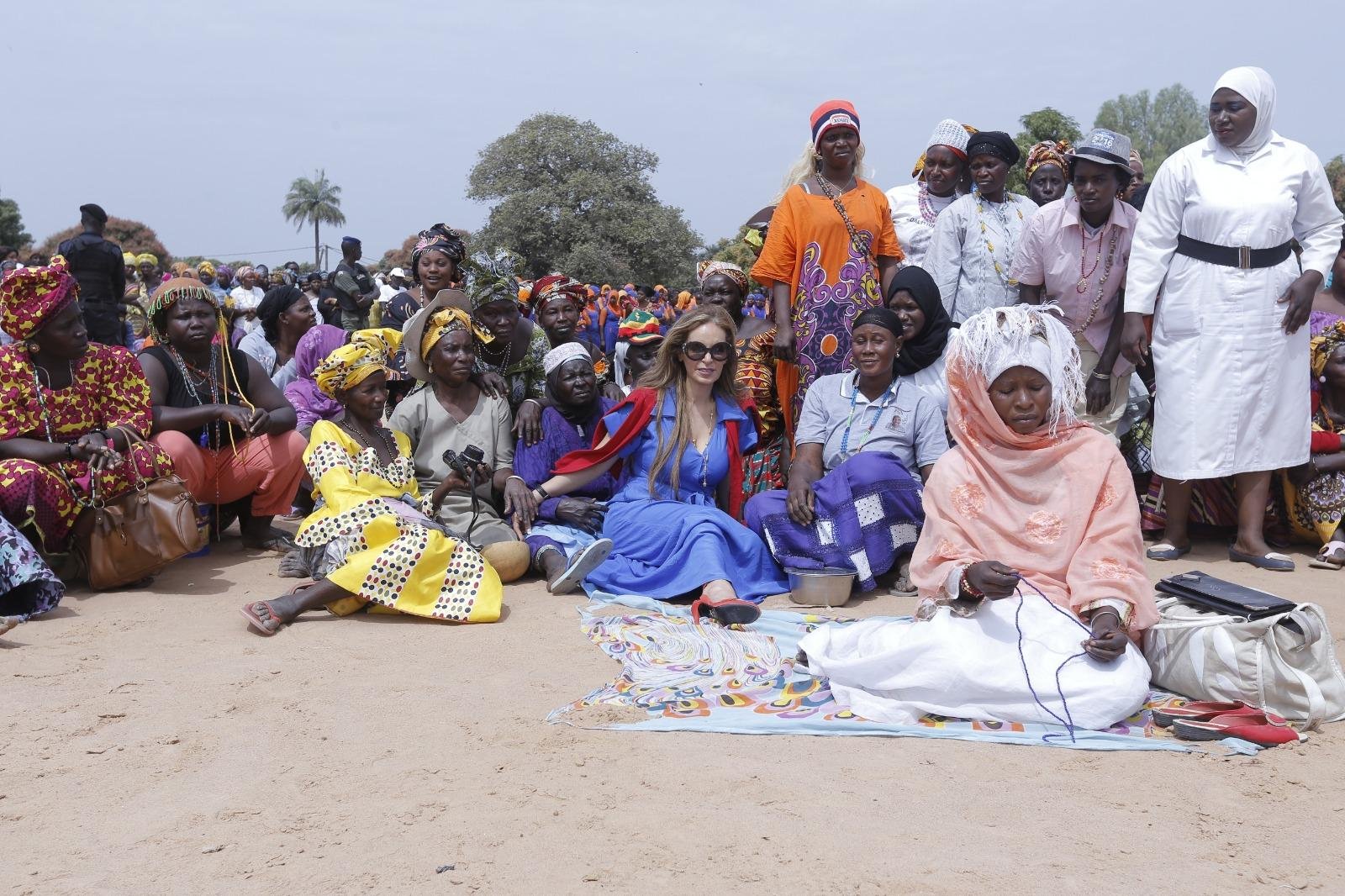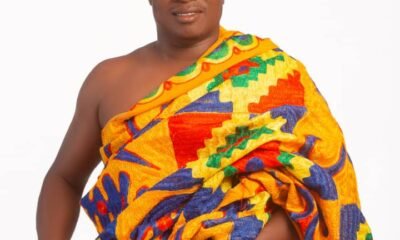Gender
Work from home – Frontline workers advocate

Some frontline workers have appealed to those who could work from home to stay home to reduce the rate of infections, from the coronavirus pandemic.
According to them, staying home is the surest way to avoid being exposed to the virus, which is wreaking havoc globally.
Speaking to The Spectator, the Director of Medical Affairs at the University of Ghana Medical Centre (UGMC), one of the COVID-19 treatment facilities in the country, Dr Kwame Anim-Boamah, said the best way to prevent an infection is to avoid crowds, adding that if one did not have a vehicle, and had to join the public transport all the time to work, it exposes the fellow to the virus.
According to him, the public should take the precautionary measures seriously because the virus is real, and people are getting infected on daily basis.
“COVID-19 is real, patients come in everyday, it is with us, you don’t have to get it before you know it is true,” he said.
Dr Anim-Boamah said, currently, the UGMC is treating a number of COVID-19 patients, with others at intensive care.
He advised those who have chronic diseases like hypertension, diabetes and others to periodically go for checkup as scheduled with their doctors, because their condition could be aggravated after contracting the virus, and urged the public to observe the prevention protocols.
The Greater Accra Regional Police Public Relations Officer, Deputy Superintendent of Police (DSP) Afia Tengey also urged Ghanaians who have the means to work from home “because, we have been made to understand that the virus does not move, rather it is those infected who move to spread it.
“People who do not need to be present in their work places, should be made to stay home, because one risks getting infected when moving about,” she said.
She said that, the police would enforce various preventive directives issued by the state to ensure lives were protected.
DSP Afia Tengey appealed to the public to always wear face masks when moving out, constantly wash their hands, use hand sanitisers, and ensure physical distancing to slow the rate of infections in the country.
She also called on organisations to ensure all the preventive measures put in place by the Ghana Health Service (GHS) were adhered to.
Mr Frederick Drah,53 years, who is a COVID-19 survivor also pleaded with Ghanaians not to take the virus for granted, and urged people to diligently observe all the precautionary measures to slow infection.
“At times I see people gathered and behaving as if we are in normal times, and I ask myself, whether people are aware of what is happening,” he said.
He also appealed to the public to desist from stigmatising those who have recovered from the COVID-19, because he had become a victim of the disease.
Mr Frederick Drah is a trader at the Tema port, who through his daily trek to and from the port caught the deadly coronavirus, and consequently spent 22 days at the Ga East Municipal Hospital where he was treated and discharged.
Currently, over 10,000 people have been infected by the virus, with about 3,755 recoveries and 48 deaths as at the time of reporting.
The country has been championing the mandatory wearing of face masks, hand washing, use of sanitisers and social distancing among others.
By Edem Mensah-Tsotorme
Gender
Pres Mahama’s commitment to Affirmative Action Act commendable —Josephine Oppong-Yeboah

Media personality and gender advocate, Josephine Oppong-Yeboah, has applauded President John Dramani Mahama for his commitment to implement the Affirmative Action Act of 2024 (Act 1121), aimed at achieving gender equity in all aspects of national life.
She stressed that the Act’s implementation will ensure women’s voices were heard and included in every sector of the country’s development.
In his first State of the Nation Address (SONA) following his re-election, President Mahama, on February 27, reaffirmed his government’s dedication to operationalising the Affirmative Action Act.
He indicated that the Ministry of Gender, Children and Social Protection was working closely with relevant stakeholders to ensure the Act’s provisions, which includes a 30 per cent target quota for women in political appointments, were fully realised.
“I’m pleased to report that women currently make up 23.21 per cent of all appointments, and we are diligently working towards reaching the target outlined in Act 1121,” President Mahama noted.
The Affirmative Action Bill, passed by Parliament on July 30, 2024, was widely celebrated by women’s rights groups both within Ghana and internationally.
In response to the President’s pledge, Ms Oppong-Yeboah expressed her support, stating that the implementation of the Act will not only promote gender equity but also foster economic growth, strengthen democracy, and address historical inequalities.
“By empowering women and ensuring their full participation in all aspects of society, Ghana can build a more inclusive and prosperous future for all its citizens,” she remarked, adding, “Gender equality is directly tied to economic growth.”
She further emphasised that the Act will boost the visibility of women in leadership and influential roles, inspiring future generations of women to pursue their ambitions and creating a positive cycle of mentorship and empowerment.
By Benedicta Gyimaah Folley
Gender
Merck Foundation committed to empowering girls, women

The Chief Executive Officer (CEO) of Merck Foundation, Dr Rasha Kelej, has emphasised the foundation’s commitment to empowering girls and women.
This, she said was at the core of all initiatives and programmes at the foundation.
She said this in a statement to commemorate the International Women’s Day, celebrated on March 8, each year and copied to The Spectator in Accra on Monday.
Dr Kelej recognised the immense potential of women to thrive, succeed and excel in any domain they choose, yet they often lack the conducive environment to fully realise their capabilities, especially in underserved communities.
“Therefore, together with our Ambassadors, The First Ladies of Africa, we mark International Women’s Day every day since the last 13 years through our development programmes and initiatives such as ‘More Than a Mother’, ‘Merck Foundation Capacity Advancement’, ‘Educating Linda’, and ‘STEM Programme,” Dr Kelej said.
She explained that the “Merck Foundation More Than a Mother” is a strong movement that aims to empower infertile and childless women through access to information, education and change of mindset.
The CEO of Merck Foundation mentioned that out of the 2,230 scholarships awarded across 52 countries in 44 critical and underserved specialties, 1046 scholarships that is nearly 50 per cent have been granted to female medical graduates, empowering them to become future healthcare experts and leaders.
Also, she said the foundation believes that education was one of the most critical areas of women empowerment and that through its educational programme known as ‘Educating Linda,’ over 700 girls have been provided scholarships to continue their education.
Dr Kelej also noted that the programme had also provided essential school items for thousands of schoolgirls in many African countries such as Botswana, Burundi, Malawi, The Gambia, Nigeria, Zambia, Zimbabwe, Ghana, Namibia, Democratic Republic of the Congo, Cape Verde and more.
Merck Foundation, Dr Kelej said also actively empowers women in science and technology through its Science, Technology Engineering and Mathematics (STEM) programme.
“Our goal is to empower women and young African researchers, enhance their research capacity, and promote their contributions to STEM,” emphasized Dr Kelej.
By Jemima Esinam Kuatsinu
-

 News6 days ago
News6 days agoGodfred Agbeteti is best suited to lead Kpando Municipal Assembly – Assemblyman
-

 News1 week ago
News1 week agoDeclaration of Monday, 31st March 2025 and Tuesday, 1st April 2025 as Public Holidays
-

 News1 week ago
News1 week agoGEXIM CEO calls for accelerated empowerment of women in Agribusiness for Africa’s economic growth

